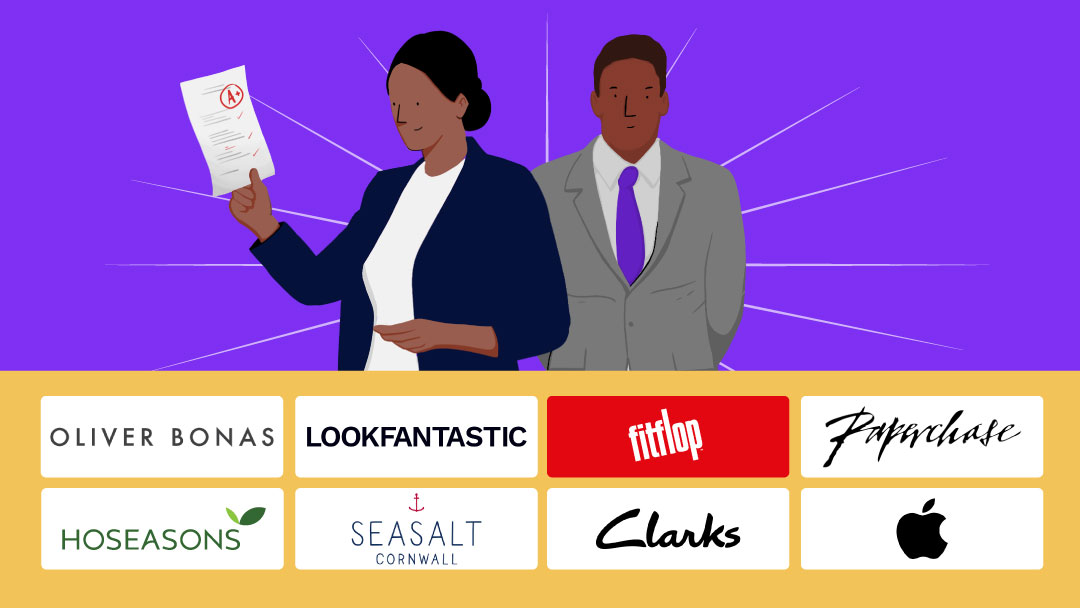Welcome to our blog on Personal Loans UK. Personal Loans. Secured Loans. Interest Rates. When looking to borrow money, you’ll often hear these words thrown around, but you might not know what they mean? Before diving head first into the borrowing process and taking out a lump sum of money, it’s best to understand how it works, what it involves, and what to be mindful of throughout the process.
Like any other loan, a personal loan is paid back over time with interest, and within this blog, we will discuss personal loans in detail, offering insight into what they are, how they work, and what information you need to know.
Types of Personal Loans
When considering a personal loan, it is essential to note there are different types of personal loans. Most commonly, there are secured and unsecured loans, and understanding the differences will allow you to make a well-informed decision.
Secured Loans
If you own a valuable asset, such as property, a car, or high-value items such as art or jewellery, you could take out a secured loan “against” that item. Typically, a secured loan is considered a riskier option, as the money you borrow is secured against that valuable asset (such as your home). Therefore, if you can’t repay the loan for whatever reason, the lender can force you to sell your asset to repay what you owe.
Unsecured Loans
An unsecured loan is the exact opposite of a secured loan, as you do not need to use a valuable asset, such as your home, to be eligible. The lender will solely base their judgement on the borrower’s creditworthiness.
What is APR?
Annual Percentage Rate, or APR, is the official rate that is used to help you understand the amount of your borrowing. For instance, APR takes into account the interest rate and any additional charges of a credit offer, allowing you, the lender, to fully understand the loan before signing an agreement.
APR is used to compare credit cards and unsecured loans, as it calculates the percentage of the amount you have borrowed. Here is an example: If you have a personal loan with a 15% APR, this would be cheaper than a personal loan with a 17% APR. However, you must always check out the terms and conditions before signing or agreeing to anything.
What is a Personal Loan Cooling-off Period?
With every personal loan, you will get a 14-day “cooling-off period”. Essentially, this means you are given a cancellation period. This cooling period comes into action from the date the loan agreement is signed or when you receive the agreement (whichever is later).
If you cancel your credit or loan agreement, you will have up to 30 days to repay the money borrowed. Also, you might be charged some interest for the period you had the credit, as well as any extra fees that will need to be refunded.
Personal Loans – Pros and Cons
Pros
– You could borrow more with a credit card
On larger balances, lower rates of interest are often provided when compared to credit cards or other forms of credit.
– The interest you pay on a personal loan is typically “fixed”, which means the amount won’t change – please check, as this isn’t always the case.
– With a personal loan, you can choose how long you would like to repay the loan. However, please be aware that the length of the loan will directly impact the amount of interest you are charged.
Cons
– In most cases, the interest rate will reduce the more money you borrow, which means you might be more tempted to take out a larger loan.
– Typically, most banks will not lend less than £1,000 or fewer for 12 months or less. Therefore, you might end up borrowing more money than you actually need, or can afford.
Personal Loan Deals: What to look for?
When searching for a Personal Loans UK that is right for you, make sure you check for the following:
- Do not accept the first-rate you are offered.
- Shop around and research different providers, offers, and the cheapest APRs.
- You can ask the lender for a quote before you apply. In many cases, they will ask if they can do a credit reference check, which will impact your credit score. Instead, you can ask for a “quotation search”, also known as a soft credit check or eligibility checker. These don’t leave a mark on your credit score record.
Important: Like any financial endeavour, there will always be an element of risk involved. One of the biggest risks of taking a loan out is being unable to make the payment. Being able to pay the monthly fee is critical, and should you fail to do so, you could face serious financial consequences.
More Blogs

Are you searching for a specific discount? Why not take a look at our A-Z Teachers Discount list that is updated monthly? Click the button below to discover more.

Are you searching for new Teacher discounts? We continually work with new brands across various categories, such as travel, fashion, finance, and much more.
Money and Finance Support
Whether you are looking for information on personal loans, secured loans, or any other financial service, we have support pages that can help you. Check out our mortgage and finance support pages for more information!
Disclaimer: This blog post was written and shared by Discounts for Teachers and is intended to inform readers about the topic at hand. Before engaging with any financial product, please speak to a professional.


